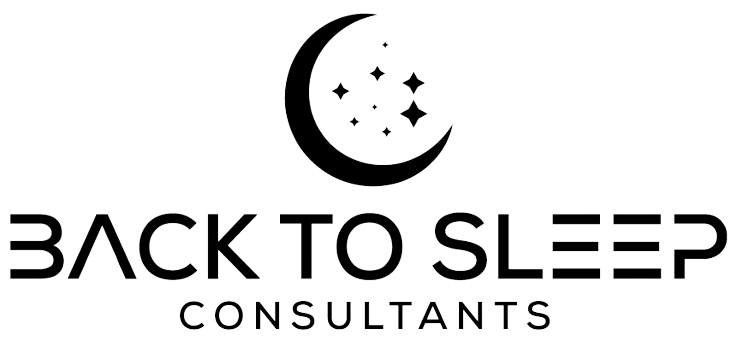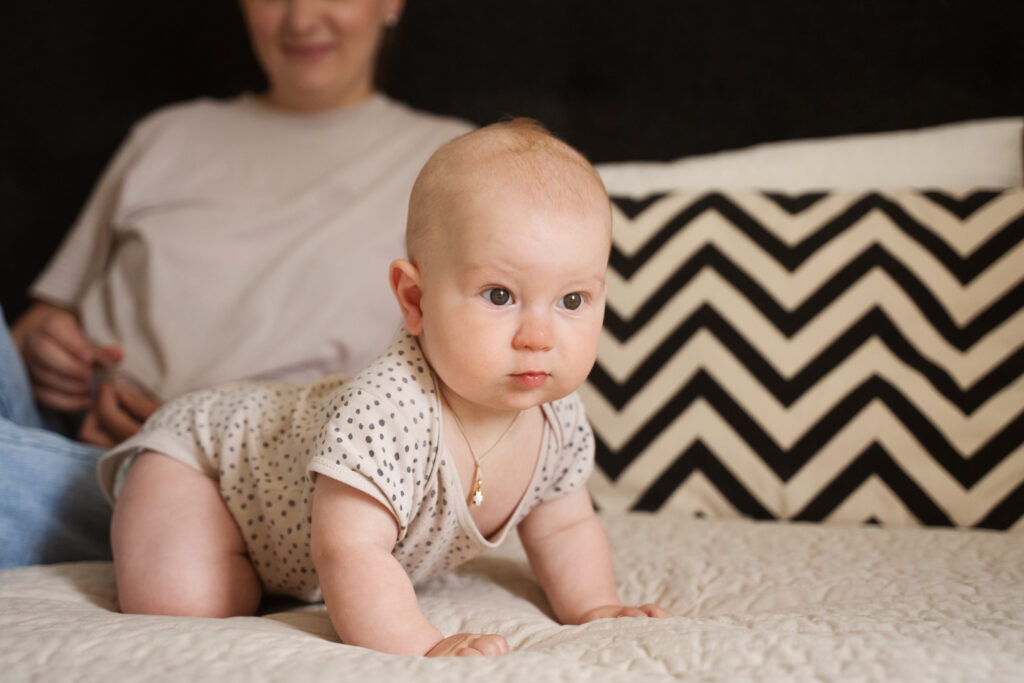For many families, their parenting journey often involves dummy use. Sometimes that dummy – or pacifier as it’s often known – use has advantages for the baby and their parents; sometimes it has disadvantages for everyone.
But is the dummy actually good for babies? Let’s discuss.
WHAT IS THE BEST ?
This is all about trial and error, often in the same manner as trying to choose the best feeding bottles. Some babies will love one type of dummy and hate all others; and some babies will be fine with most dummy types. It’s worth trying a few different kinds until your baby finds the one they enjoy the most.
It’s also worth knowing that no matter what dummies you offer to your baby, they may refuse them all and simply don’t want a dummy. And that’s OK – my first two boys both rejected their dummies either after a few days or weeks, and we didn’t bother offering a dummy to our third boy.
Most dummies come with a silicone or rubber teat, and a plastic or silicone mouth shield and handle. The mouth shield prevents your baby from choking on the teat itself. Latex or rubber dummies are generally softer and more flexible than silicone, but they don’t last as long. Silicone dummies also may be easier to keep more free from germs than traditional latex dummies.
With regards to a question I get asked a lot: should babies use an orthodontic or flat dummy? An orthodontic dummy is flatter than traditional dummy teats, and are shaped to encourage your baby to suckle in a similar way to breastfeeding. They are also thought to potentially have less of an effect on how a baby’s first teeth develop.
WILL USING A IMPACT BREASTFED BABIES?
It can do for some mums and babies but it really depends on the baby and how well they also take to breastfeeding.
Certainly, it’s not advised for babies to use a pacifier before breastfeeding has been established, which is usually after 4 to 6 weeks.
Additionally, for mums who are struggling to establish breastfeeding – and by the way, it’s not as easy as often portrayed -, whilst it won’t necessarily stop the baby learning to breastfeed, it can become relied on too much when the baby should be learning to latch onto the breast instead.


